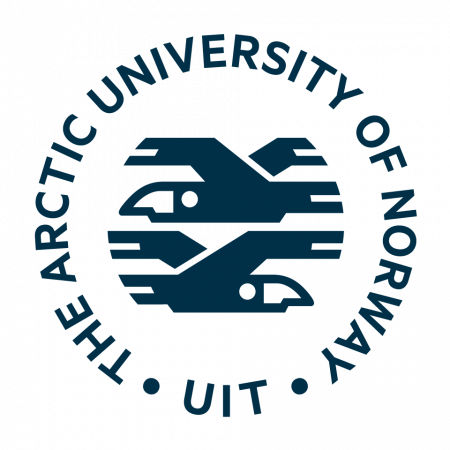Aerospace Engineering - master
The program is applicable for students with an interest in learning, developing and applying state-of-the-art technology for space-related purposes. This type of technology has many similarities with technologies for other extreme environments, such as arctic regions and subsea, and students with interest in development of technologies in such fields will also find this program relevant.
The program covers the following disciplines:
• Satellite Communication
• Satellite Structures, Materials and Mechanisms
• Satellite Data Processing
• Systems Engineering
• Satellite Power Systems
• Embedded Systems
• Mathematical Modeling and Simulation
• Classical Mechanics
• Linear Algebra and Numerical Methods
• Control Engineering
• Artificial Intelligence and Intelligent Agents
See the individual course descriptions for more information about their contents.
